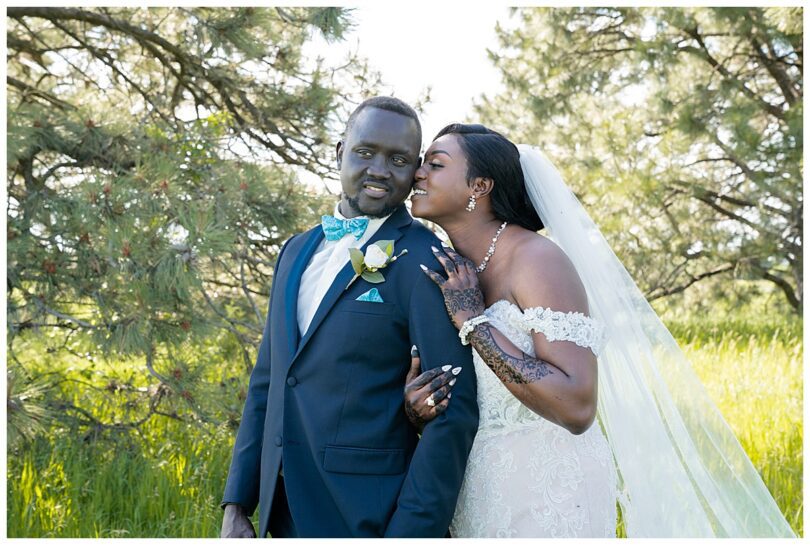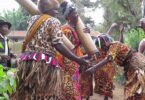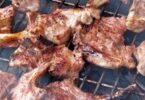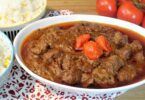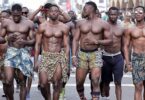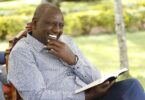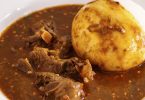Marriage in Dinka culture is the most fascinating thing you will hear and learn about South Sudan. A wedding in the land of the Dinka people is a serious affair mostly for wealthy men.
Customary traditions here dictate that a man must pay a hefty bride price to the bride’s family. A minimum of 30 cows and it could stretch to 100 cows. That’s not even enough; it takes another four years for the bride to decide if this marriage can work or not. Interesting it is!
Table of Contents
What is the Bride Price in Dinka?
The bride price for a Dinka woman is a minimum of 30 heads of cattle. However, an increase in the number of cattle given as dowry depends on the following three factors:
- Age
- Level of competition
- How wealthy the groom is
- Level of education
Age
A younger woman attracts a higher hock (the native name for cows paid as dowry). Young women are believed to be purer than middle-aged women.
Level of Education
The bride price is even higher if the bride is well-schooled. A learned person in South Sudan commands a certain level of influence within the society. Communities view learned people as their saviours.
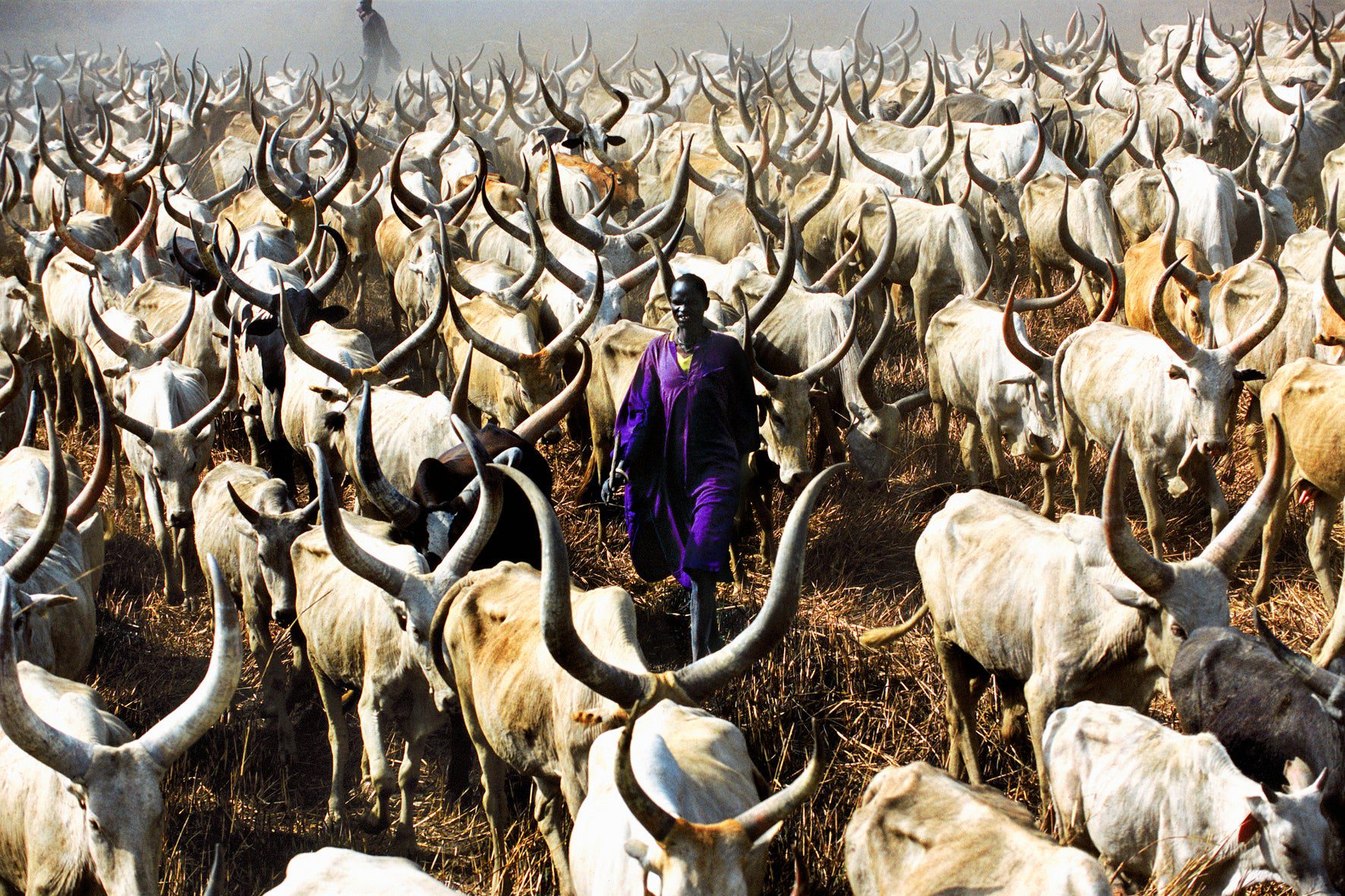
A herd of cattle for dowry among the Dinka tribe in South Sudan. Photo/Expedition Subsahara
How Wealthy the Groom is
A bride’s family demands a higher bride price based on how wealthy a groom or his family is. Wealthy men can offer a higher hock.
Level of Competition
Multiple suitors for a single woman lead to a higher bride price which is an intriguing aspect of marriage in Dinka culture. Competition increases demand for one woman and the only way to settle it is through dowry. In May 2024, two wealthy men from Bor and Twic East counties in Jonglei State treated South Sudan to a rare spectacle.
Marial Garang Jill from Bor County and Chol Marol Deng from Twic East battled it out for Athiak Dau Riak who is only 18 years old. Their competition for Athiak broke the customary bride price threshold as they tried to outdo each other.
Garang Jill of the Koc clan promised 105 cattle and $25,000 (65 million South Sudanese pounds) for Athiak. Deng pledged a higher amount, $44,000 (110 million South Sudanese pounds) and 110 cattle heads. Athika’s family kept their final decision private from the media.
What is Marriage in Dinka Culture Like?
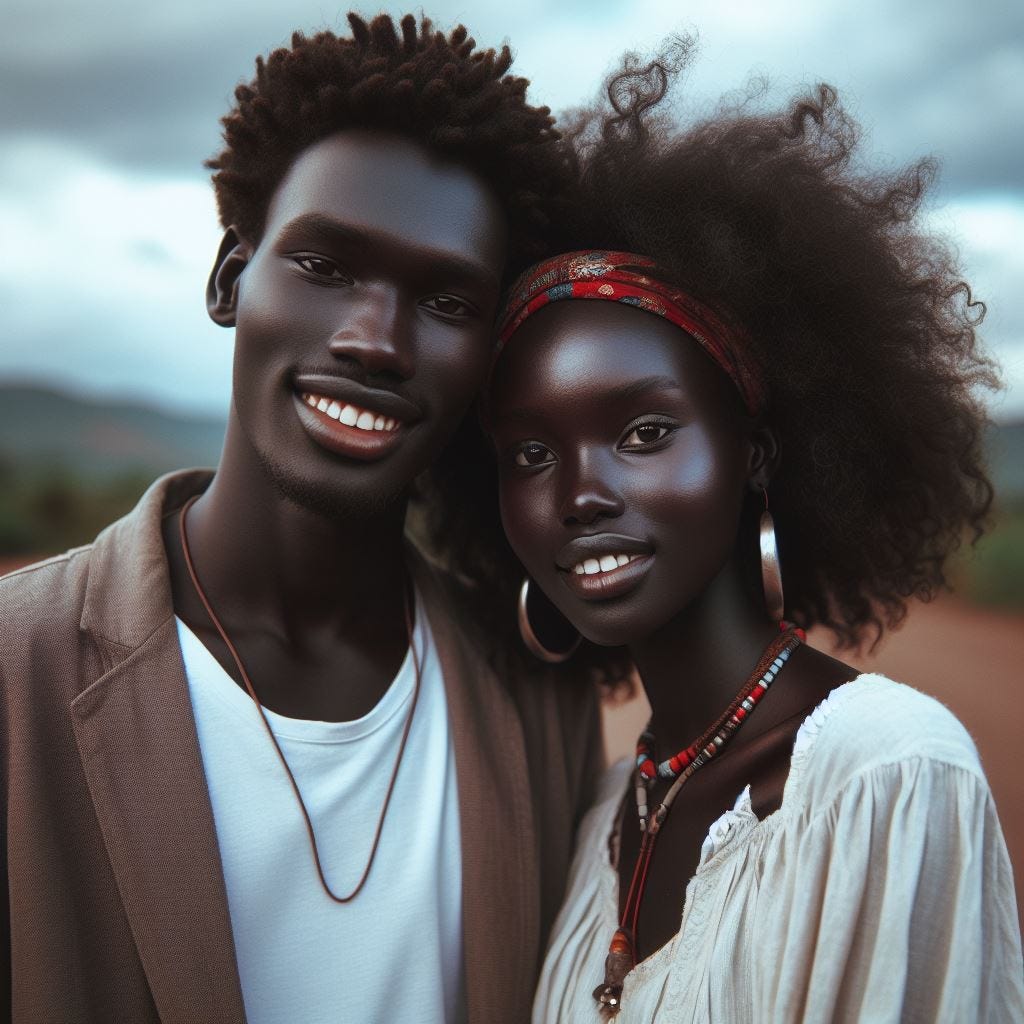
A Dinka couple from South Sudan. Their marriage culture is stunning. Photo/Apollinaire Ndyikeze/Medium
Marriage in Dinka culture is unique and intriguing. Polygamy is allowed but only for wealthy men since they easily meet bride price requirements. Here’s the most intriguing part. Despite paying an exorbitant bride price as dowry, a newly wedded woman doesn’t cook or clean her house for four years.
This phase is traditionally referred to as annyuuc meaning ‘generous welcome’. The woman observes and gauges her husband’s values in all forms of life. Her sister-in-law is tasked with cooking and performing all house chores for the four years that annyuuc lasts. A big cultural feast called thaat follows thereafter. Thaat is a cooking festival organized by the husband after four years and the tradition demands the slaughtering of five goats and five cows.
It’s an initiation ceremony welcoming the wife to her roles as a woman mostly cooking for her family. Nevertheless, thaat is only held if the woman is satisfied with her husband’s conduct for the past four years. If she was dissatisfied, Dinka culture allowed her to walk away without giving back a dime paid to her family as dowry.
Apart from this unique tradition, there is another surprising fact about marriage in Dinka culture. That is a ghost marriage whereby, a brother takes over family roles in case his brother passes on. He inherits his brother’s wife and children. In such events, culture deems it right for a brother to the deceased to have more children with the widow to expand their lineage.
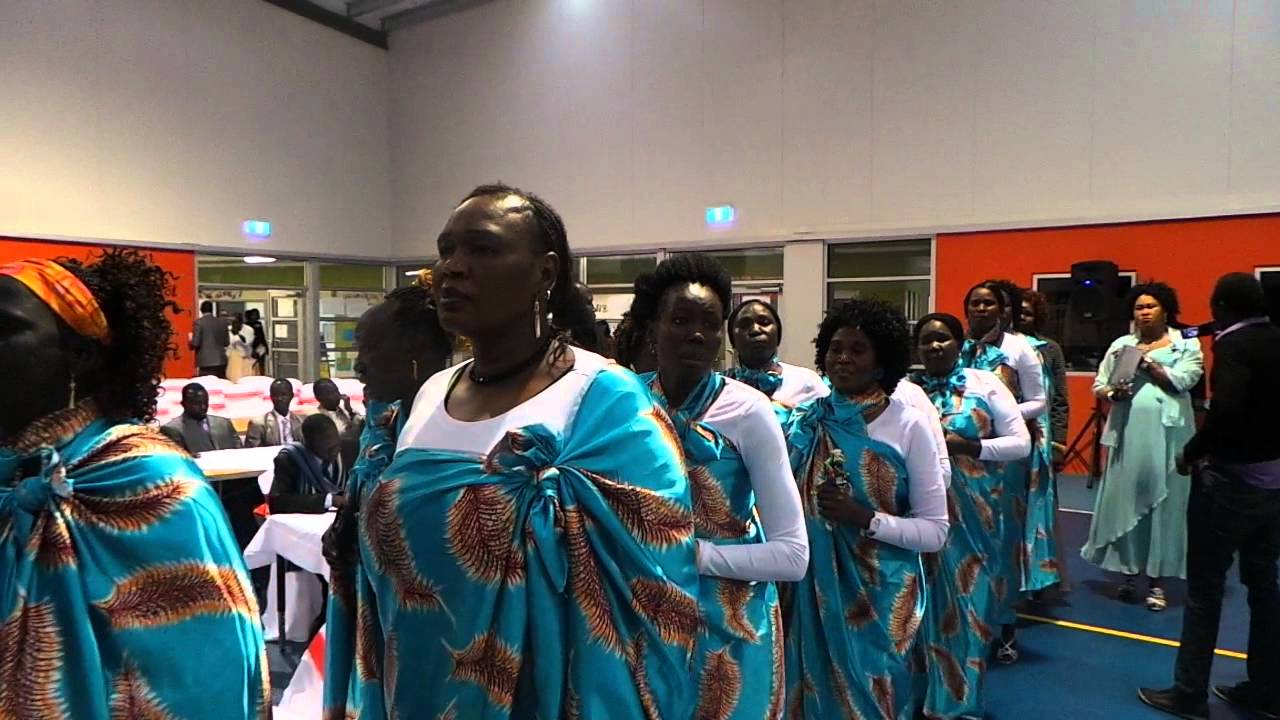
A Dinka wedding ceremony. Photo/YouTube
Further, arranged marriages are common in this Southern Sudanese tribe. A groom’s finally reaches out to a bride’s family and vice versa. Such arrangements are only a preserve for wealthy families because they have the capability of paying a huge bride price for a bride of choice. Also, because their social status impacts the community in various ways.
Are Dinka Polygamous?
Dinka men are polygamous. Their culture allows them to marry several wives if they can adequately provide for them. Cattle, cars and money remain the bare minimum for dowry payment. Polygamy has contributed to Dinka being the biggest tribe in South Sudan at 38.5% of the country’s total population. Nuer tribe follows as the second-biggest tribe with 15% of Southern Sudan’s total population.
African marriage customs are incredible but the Dinka tribe carries the days. Most successful marriages in this community signify that a woman has total faith in her husband taking good care of his family in every aspect.


